
Ralph Waldo Emerson Biography, Poems, Books, Nature, SelfReliance
Ralph Waldo Emerson. An American essayist, poet, and popular philosopher, Ralph Waldo Emerson (1803-82) began his career as a Unitarian minister in Boston, but achieved worldwide fame as a lecturer and the author of such essays as "Self-Reliance," "History," "The Over-Soul," and "Fate.". Drawing on English and German.
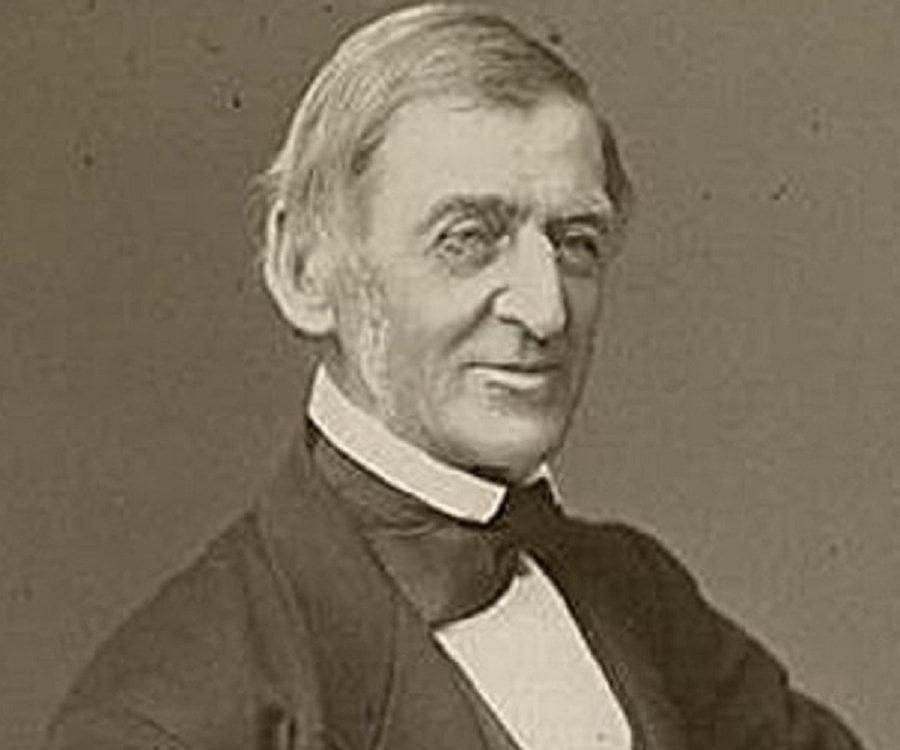
Ralph Waldo Emerson Biography Ralph Waldo Emerson Childhood, Life
Self-Reliance. Ralph Waldo Emerson 's essay called for staunch individualism. " Self-Reliance " is an 1841 essay written by American transcendentalist philosopher Ralph Waldo Emerson. It contains the most thorough statement of one of his recurrent themes: the need for each person to avoid conformity and false consistency, and follow his or her.
:max_bytes(150000):strip_icc()/51160371-56a7beab5f9b58b7d0ed7286.jpg)
Ralph Waldo Emerson Quotes
Ralph Waldo Emerson—a New England preacher, essayist, lecturer, poet, and philosopher—was one of the most influential writers and thinkers of the 19th century in the United States. Emerson was also the first major American literary and intellectual figure to widely explore, write seriously about, and seek to broaden the domestic audience for classical Asian and Middle Eastern works.
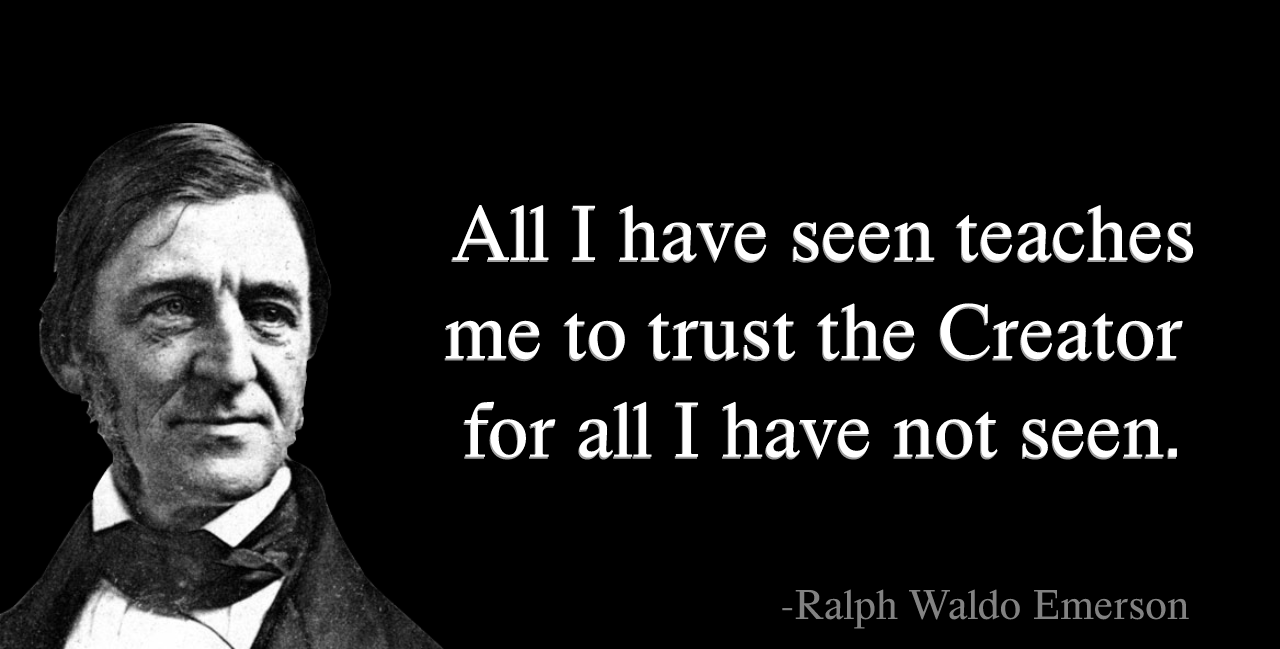
Ralph Waldo Emerson All I have seen teaches me to trust the Creator
Ralph Waldo Emerson (1803-1882) was perhaps the most important intellectual in American history. Not only by his writings and lectures did he shape much of nineteenth-century thinking, but he inspired schools of philosophers, poets, essayists, artists, and even landscape architects. His life-long watchword of self-reliance has been called.

Ralph Waldo Emerson the Philosopher, biography, facts and quotes
Ralph Waldo Emerson >Ralph Waldo Emerson (1803-1882) was the most thought-provoking American >cultural leader of the mid-19th century. In his unorthodox ideas and actions >he represented a minority of Americans, but by the end of his life he was >considered a sage.
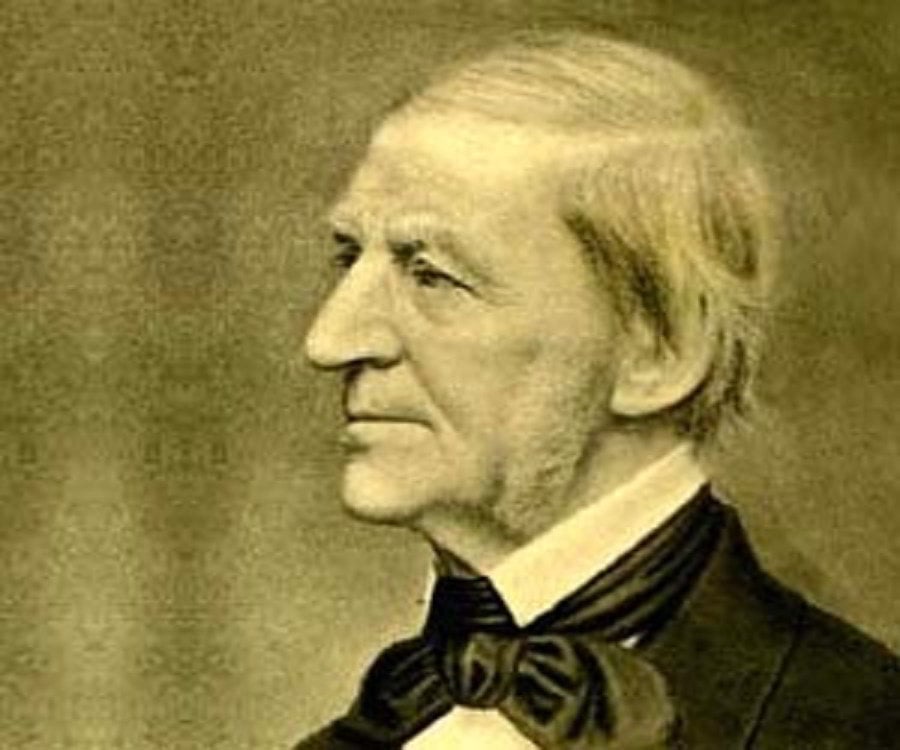
Ralph Waldo Emerson Biography Facts, Childhood, Family Life
Ralph Waldo Emerson was born on May 25, 1803, in Boston to Ruth Haskins Emerson and William Emerson, pastor of Boston's First Church. The cultural milieu of Boston at the turn of the nineteenth century would increasingly be marked by the conflict between its older conservative values and the radical reform movements and social idealists that emerged in the decades leading up through the 1840s.
Ralph Waldo Emerson National Portrait Gallery
Ralph Waldo Emerson, American lecturer, poet, and essayist, the leading exponent of New England Transcendentalism, by which he gave direction to a religious, philosophical, and ethical movement that stressed belief in the spiritual potential of every person. Learn more about his life and beliefs in this article.
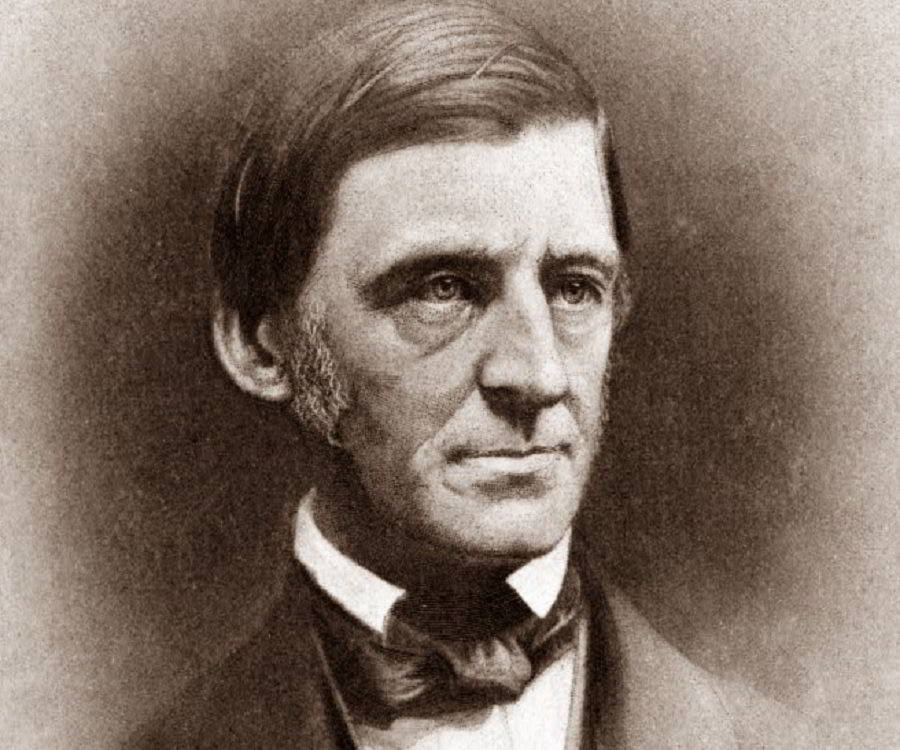
Ralph Waldo Emerson Biography Facts, Childhood, Family Life
Ralph Waldo Emerson (May 25, 1803- April 27, 1882) was an American essayist, poet, and philosopher. Emerson is known as one of the leaders of the transcendentalist movement, which reached its height in mid-19th century New England. With its emphasis on the dignity of the individual, equality, hard work, and respect for nature, Emerson's work.

Ralph Waldo Emerson Biography, Poems, Books, Nature, SelfReliance
Ralph Waldo Emerson: The Major Poetry, like its companion prose volume, presents a selection of definitively edited texts drawn chiefly from the multivolume Collected Works.Accompanying each poem is a headnote prepared by Albert von Frank for the student and general reader, which serves as an entryway to the poem, offering critical and historical contexts.
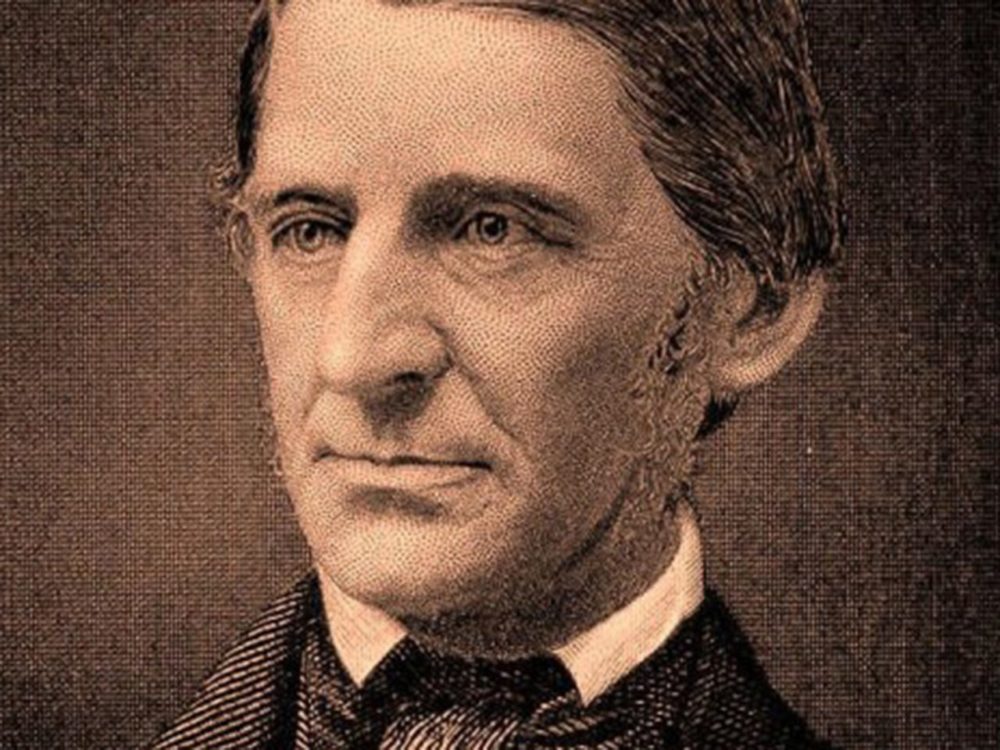
33 Life Changing Lessons to Learn from Ralph Waldo Emerson — Purpose Fairy
Ralph Waldo Emerson. An American essayist, poet, and popular philosopher, Ralph Waldo Emerson (1803-82) began his career as a Unitarian minister in Boston, but achieved worldwide fame as a lecturer and the author of such essays as "Self-Reliance," "History," "The Over-Soul," and "Fate.". Drawing on English and German.

"Quotes" Ralph Waldo Emerson
7. ' The Bell '. I love thy music, mellow bell, I love thine iron chime, To life or death, to heaven or hell, Which calls the sons of Time. Written in more traditional quatrains using alternate abab rhyme, 'The Bell' shows that Emerson was capable of more conventional formal lyrics as well as his freer, looser poems.
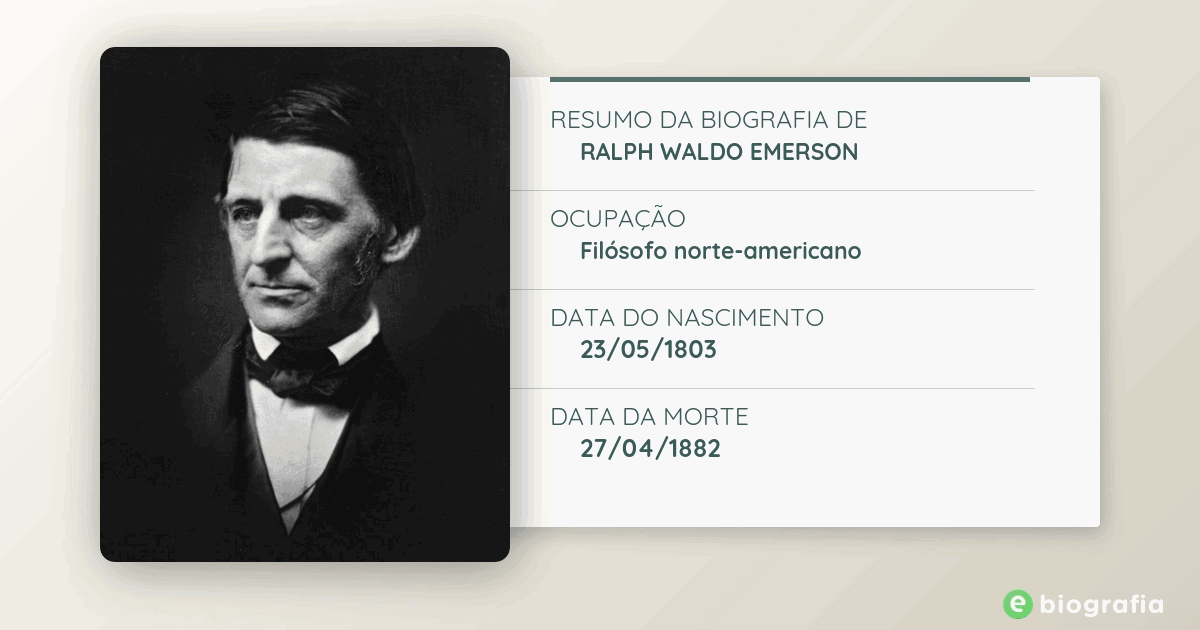
Biografia de Ralph Waldo Emerson eBiografia
1844 quotes from Ralph Waldo Emerson: 'To be yourself in a world that is constantly trying to make you something else is the greatest accomplishment.', 'For every minute you are angry you lose sixty seconds of happiness.', and 'Finish each day and be done with it. You have done what you could. Some blunders and absurdities no doubt crept in.
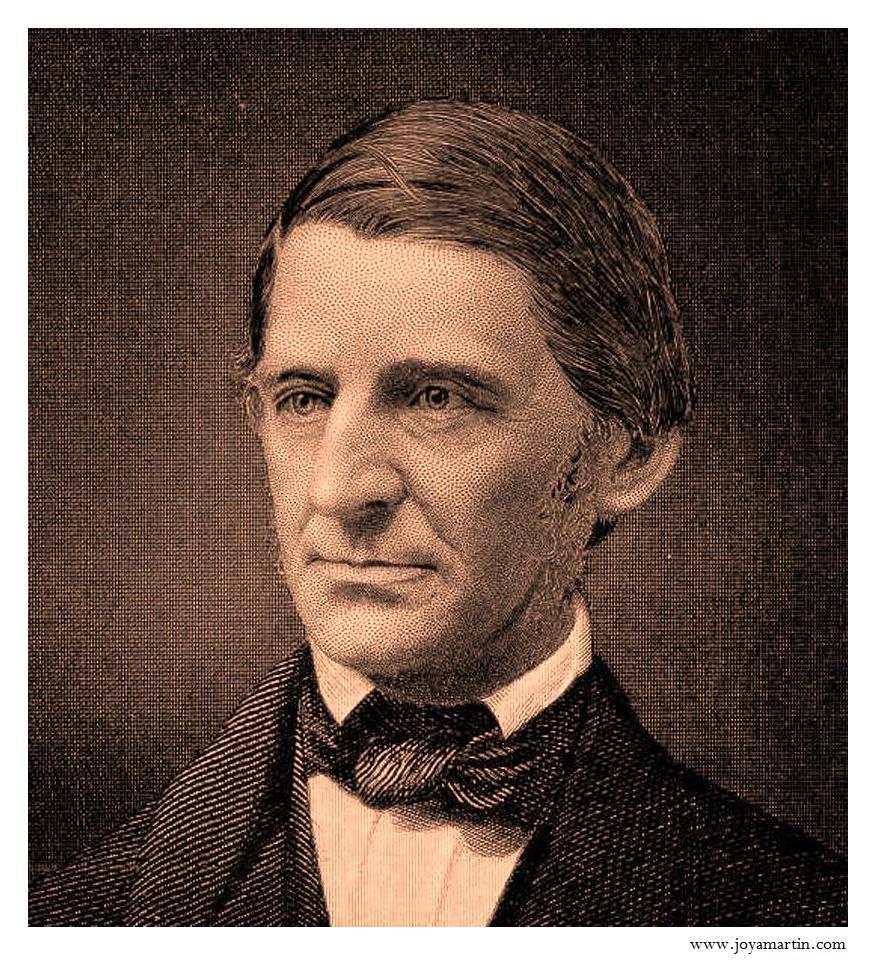
Ralph Waldo Emerson (18031882) Sekreti i Forcës Radi and Radi
Ralph Waldo Emerson (May 25, 1803 - April 27, 1882), who went by his middle name Waldo, was an American essayist, lecturer, philosopher, abolitionist and poet who led the transcendentalist movement of the mid-19th century. He was seen as a champion of individualism and critical thinking, as well as a prescient critic of the countervailing pressures of society and conformity.
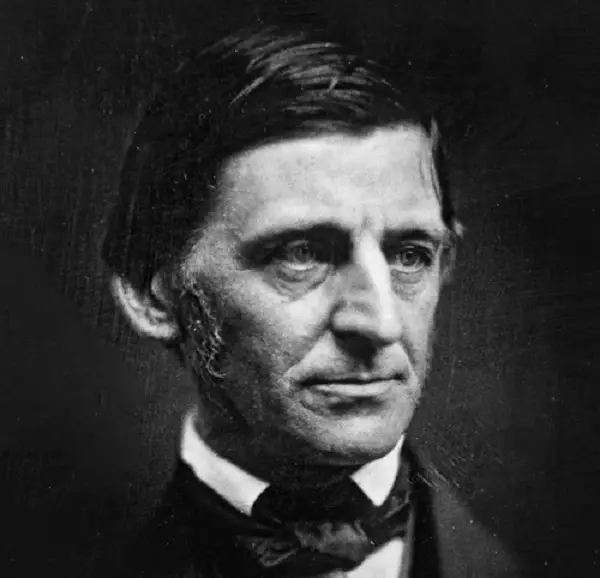
33 Life Changing Lessons To Learn from Ralph Waldo Emerson
Ralph Waldo Emerson was one of the most influential Americans of the 19th century. His writings played a major role in the development of American literature, and his thought impacted political leaders as well as countless ordinary people. Emerson, born into a family of ministers, became known as an unorthodox and controversiall thinker in the.
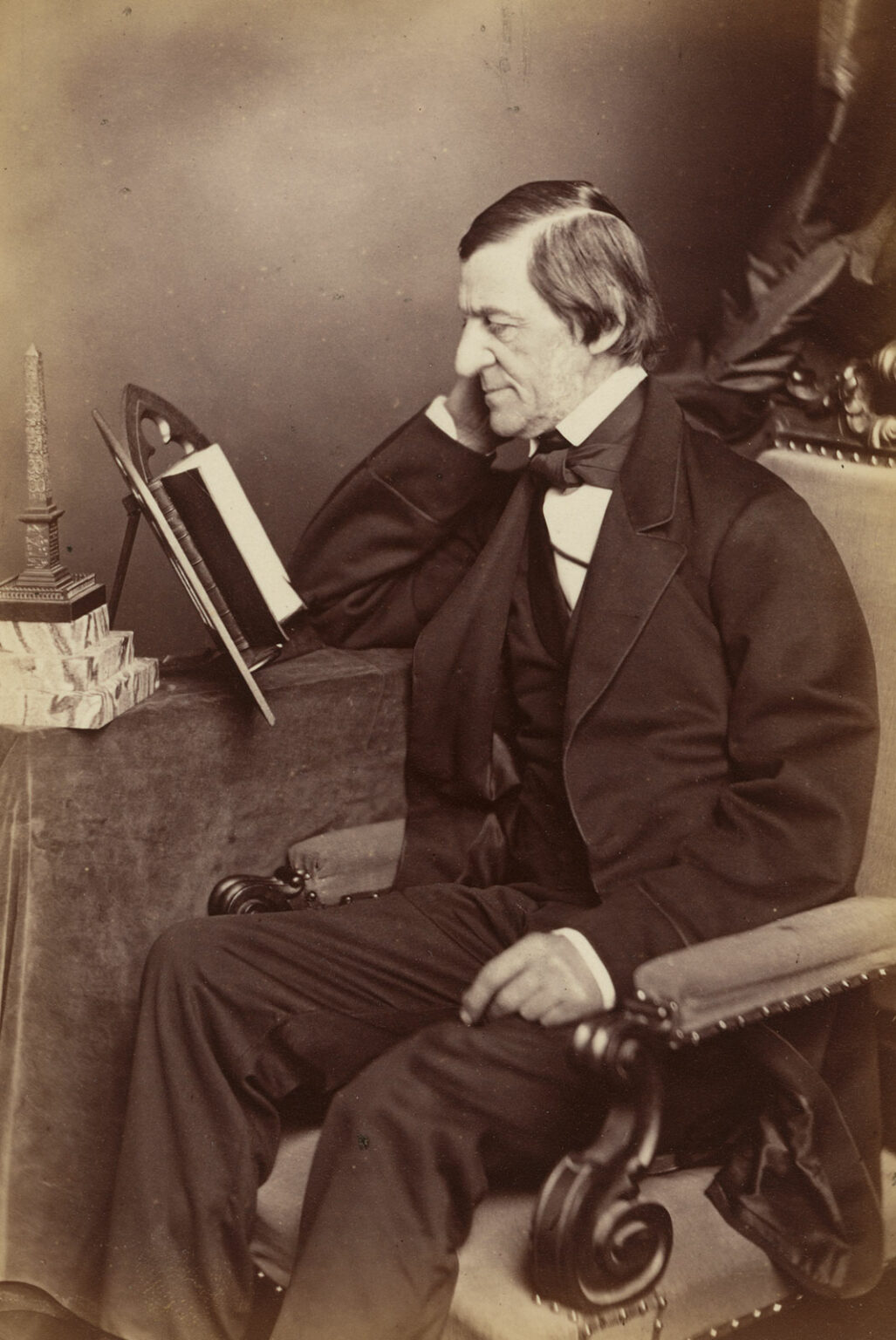
TRANSCEND MEDIA SERVICE » Ralph Waldo Emerson (25 May 1803 27 Apr 1882)
Committed to individualism and credited as the father of transcendentalism, Ralph Waldo Emerson (1803-1882) was an American essayist, lecturer, philosopher and poet. Initially on a path to follow his father's footsteps and serve in the Christian ministry, Emerson attended Harvard's Divinity School to become a pastor.

Ralph Waldo Emerson
The essay "Self-Reliance," written by Ralph Waldo Emerson, is, by far, his most famous piece of work. Emerson, a Transcendentalist, believed focusing on the purity and goodness of individualism and community with nature was vital for a strong society. Transcendentalists despise the corruption and conformity of human society and institutions.